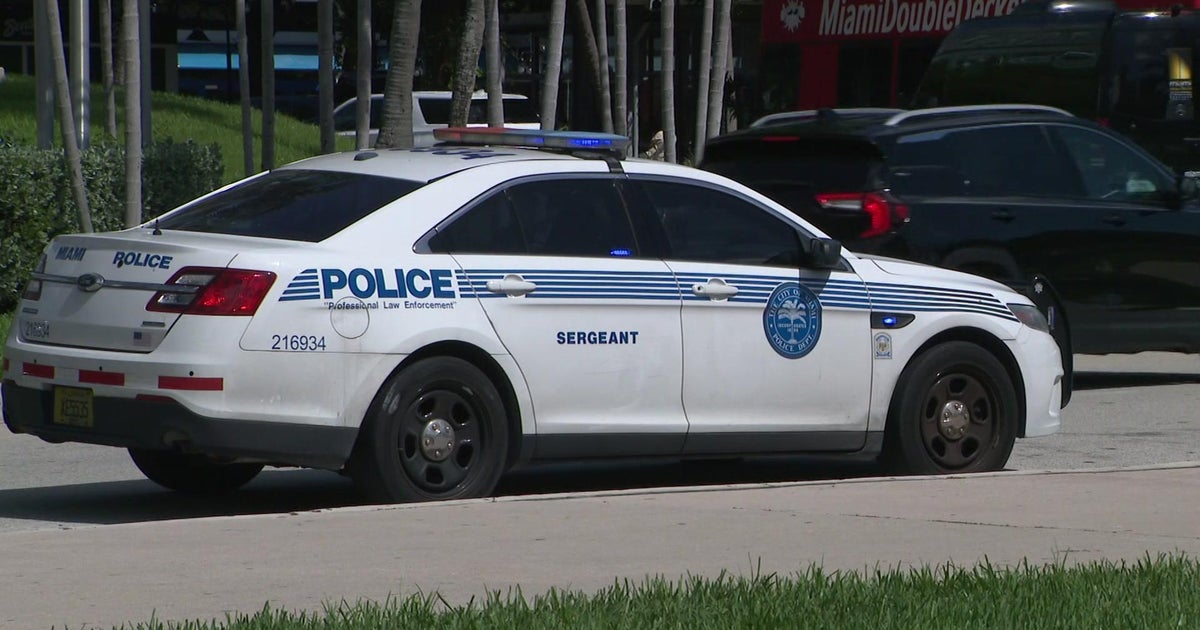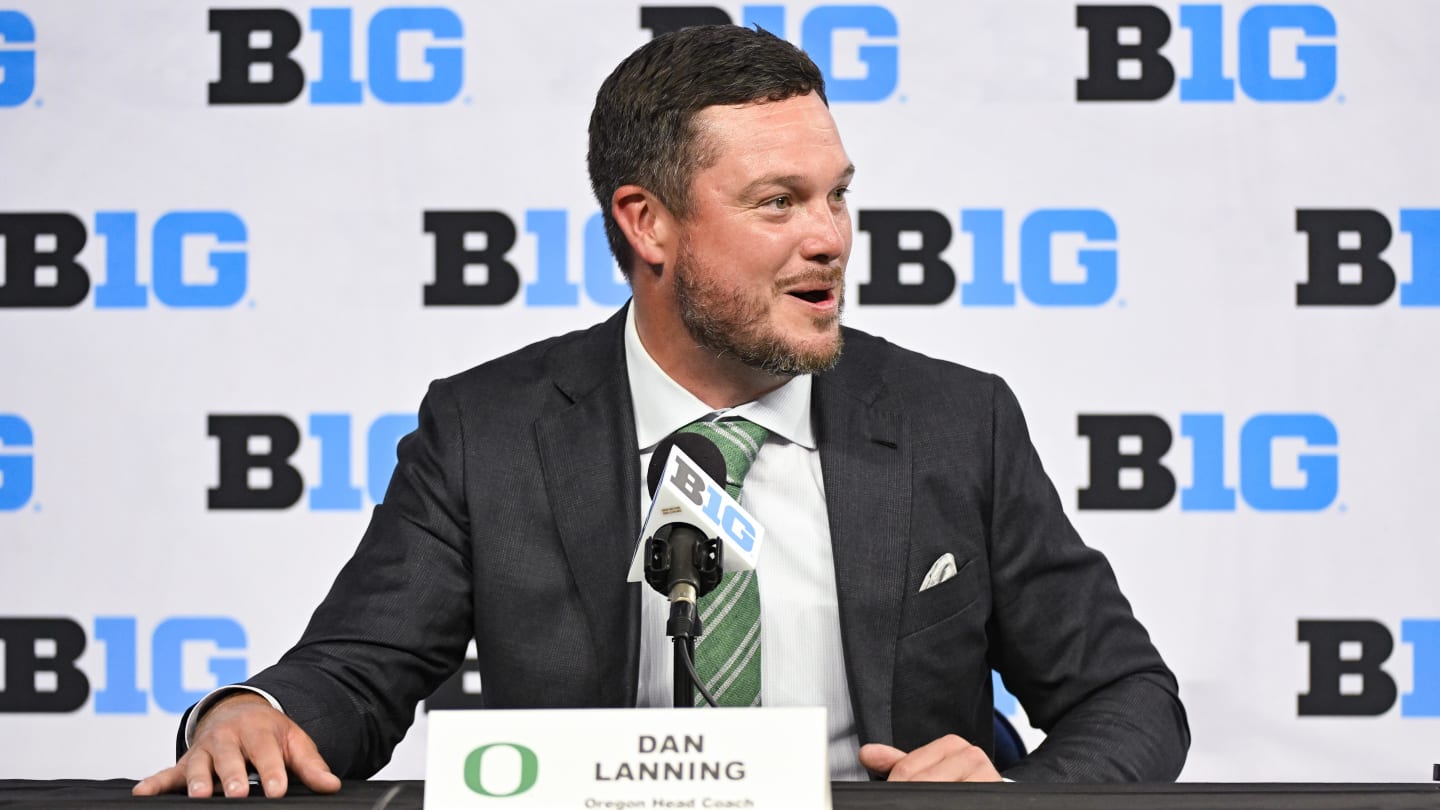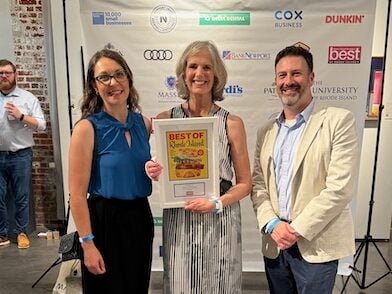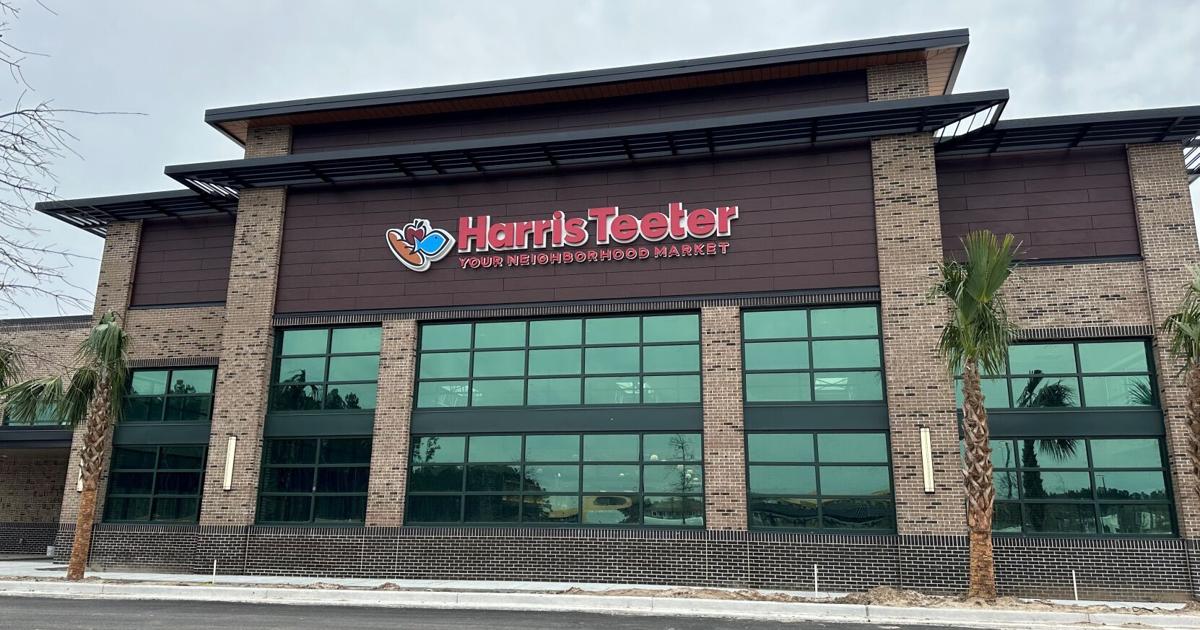Vermont
Grand Isle festival celebrates free fishing day

GRAND ISLE, Vt. (WCAX) – 8-year-old Asher Sova didn’t catch any fish last year, but this year he caught two. Saturday, June 8, marked annual Grand Isle Family Fishing Festival, and since no one needs a license to attend and experience and no equipment is required, young anglers like Asher Sova get to try winning the catch of the day.
“We’re basically making the new generation of anglers here in Vermont,” Paige Blaker of Vermont Fish and Wildlife said.
Free Fishing Day is designed for people who want to learn how to fish. This events offers basic fishing instructions and families have the opportunity to catch some fish in the pond.
“I’m very new to fishing, I see all the time like my kid and his dad going fishing. I’m kind of excited about it like how do they fish and so I’m here for the first-time fishing,” South Burlington resident Hema Maddi said.
A day on the water could lead to a lifetime of experiences and healthy local food.
“It’s kind of very cool and awesome, I liked it,” Maddi said.
Vermont’s regular bass season also opens the same day, marking the start of some of the hottest bass fishing action in the northeast.
“It’s really important for us to create that bond with our local communities especially what fishing is, why is it important and what can you do to get into it,” Blaker said.
The season opens each year on the second Saturday in June and extends through the last day of November.
“I think my favorite part about this event pretty much ties back to like why I love fishing so much is because it’s for everyone. You don’t need any experience we’ll get it; we’ll teach you and it’s just such a great opportunity for people to bond together over like a new skill set they’re going to learn, and fishing is for everyone and we’re basically making this new generation of anglers here in Vermont. So, events like this are really important for gaining their interest and support,” Blaker said.
The day was filled with a variety of activities from fish biology, fly casting, law digest and regulations, lure making, and fish cleaning.
Copyright 2024 WCAX. All rights reserved.

Vermont
Bernie Sanders says Trump's 'lying' when he claims Kamala Harris is more liberal than the Vermont senator
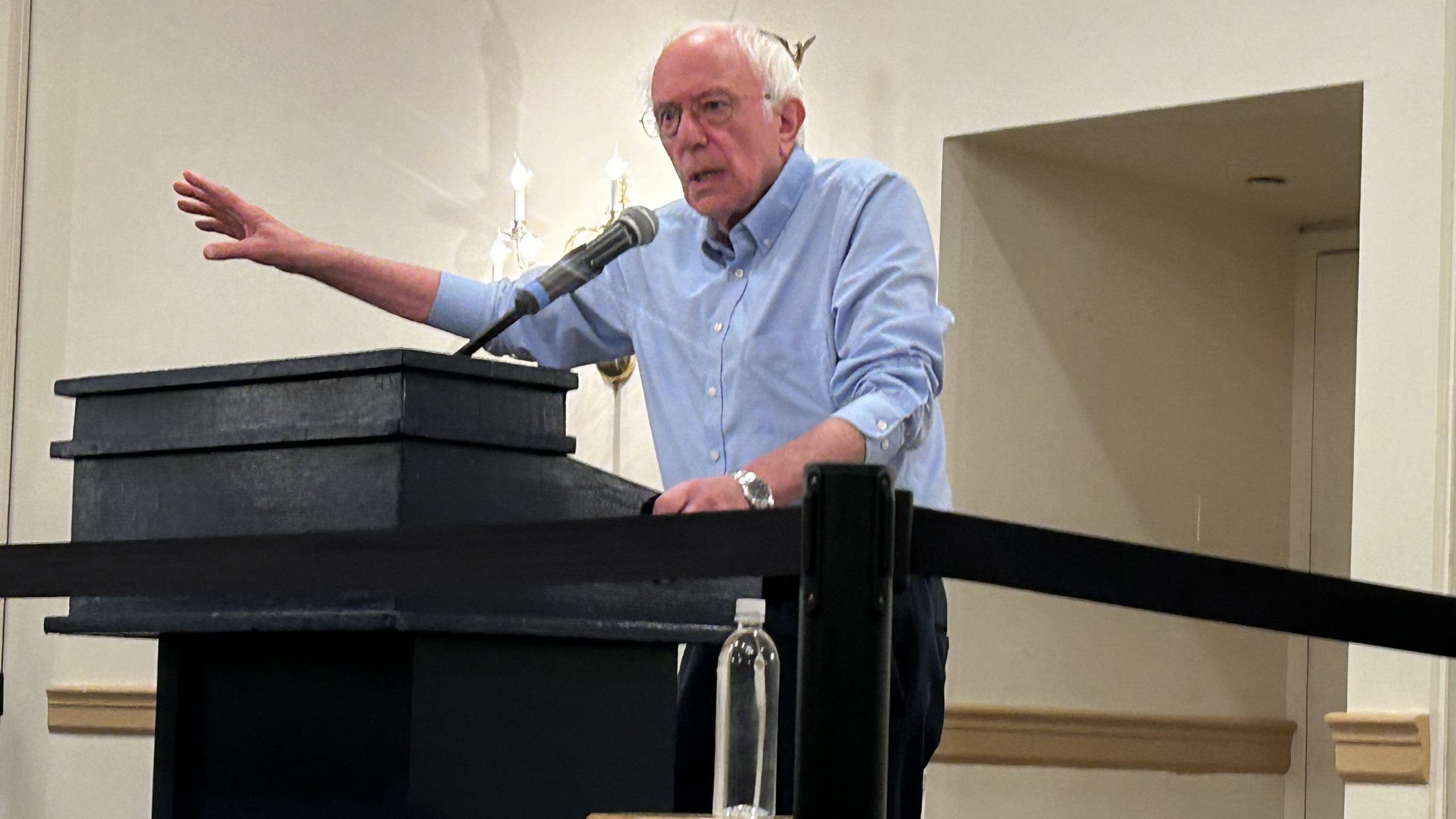
EXCLUSIVE: WEST LEBANON, N.H. — When it comes to Sen. Bernie Sanders, former President Trump is no laughing matter.
The longtime independent senator from Vermont, progressive champion and two-time runner-up in the Democratic presidential primaries is on a two-day swing this weekend in neighboring New Hampshire as well as Maine to campaign on behalf of Vice President Kamala Harris to make sure the GOP presidential nominee doesn’t return to the White House.
“Trump cannot get elected. We’ve got to do everything we can to make sure that does not happen,” Sanders told a crowd of supporters during his first stop Friday in New Hampshire, a key swing state in presidential elections.
TRUMP MOVES TO DEFINE HARRIS AS ULTRA-LIBERAL
Sen. Bernie Sanders of Vermont speaks to supporters at a campaign event on behalf of Vice President Kamala Harris in West Lebanon, New Hampshire, on Friday. (Fox News – Paul Steinhauser)
But minutes earlier, Sanders briefly broke out in laughter when asked in a national exclusive interview with Fox News about comments from Trump this week arguing that Harris — who has replaced President Biden at the top of the Democrats’ 2024 national ticket — is more liberal than the Vermont senator.
Trump over the past week has worked to define Harris, a former San Francisco district attorney and California attorney general, as an ultra-liberal, pointing to her record in the U.S. Senate and as vice president.
WHITMER CHARGES VANCE HAS ‘ABSOLUTELY BETRAYED’ HIS WORKING CLASS ROOTS
Speaking to a packed arena in Charlotte, North Carolina, on Wednesday, Trump charged that Harris was the “most incompetent and far-left vice president in American history… She is a radical left lunatic who will destroy our country if she ever gets the chance to get into office.”
And mentioning Sanders, Trump argued that Harris is “more liberal than Bernie Sanders. Can you believe it?”

Former President Trump speaks at a campaign rally in Charlotte, North Carolina, on Wednesday. (AP Photo/Matt Kelley)
Sanders, responding, said, “I would hope that when he said, ‘Can you believe that?,’ people said no.”
“It’’s not true. Once again, Trump is lying,” Sanders emphasized. “Let me just simply say that for better or for worse, Kamala Harris is not more progressive than I am.”
During his Fox News interview and later at his event, Sanders took aim at Trump, who two months ago was convicted of 34 felony counts in the first criminal trial of a former or current president in the nation’s history.
“This is the most important election, I think, in our lifetimes. I will do everything that I can to see that Donald Trump is defeated,” the senator stressed.
REPUBLICANS ARGUE HARRIS REPLACING BIDEN AT TOP OF DEMOCRATS’ TICKET ‘UNDEMOCRATIC’
Sanders argued that “the American people will not and cannot accept a president who is a pathological liar, somebody who believes that women should not be able to control their own bodies, somebody who in the midst of massive heatwaves thinks climate change is a hoax and somebody who actually does not believe in democracy, has not said that he will accept those election results if he loses. So, for all of those reasons, Trump must be defeated.”
Sanders is campaigning on behalf of Harris, but he hasn’t formally endorsed the vice president.
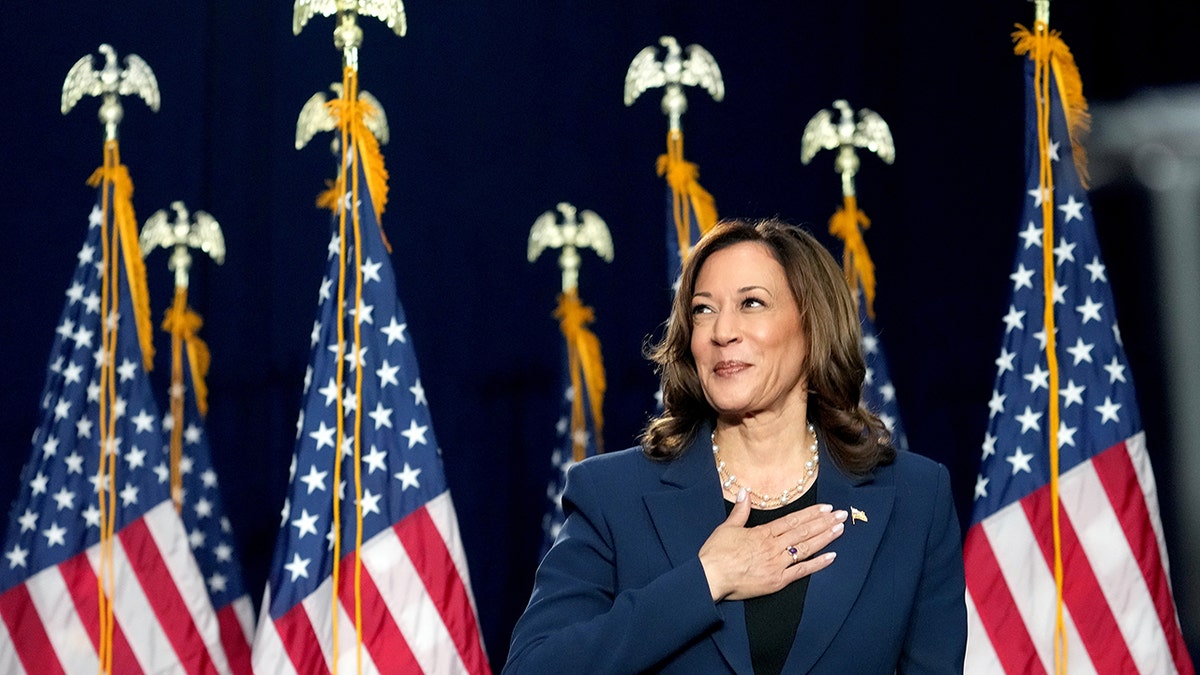
Vice President Kamala Harris arrives for a campaign event in Milwaukee on Tuesday. (Daniel Steinle/Bloomberg via Getty Images)
“I think if the vice president is to win this election, and obviously I want her to win, I think she has to start talking about issues of relevance to the working class of this country, because there are tens of millions of people who are really hurting,” Sanders explained. “They want to know what the next president is going to do for them, and I hope very much that Vice President Harris will make that clear.”
“The path towards victory is to talk about issues that are relevant,” he reiterated.
Asked what Harris specifically needs to detail, Sanders said, “I hope that the vice president will be talking about the need to substantially lower prescription drug costs… the need to have tax reform so the wealthiest in this country start paying their fair share of taxes, so we can greatly expand child care and affordable housing in this country, and I think we’ve got to be very strong on the issue of climate change and make it clear that we’re going to transform our energy system away from fossil fuel if we’re going to save this planet for future generations.”
Sanders said that Harris’ choice of a running mate — which is expected to come in the next two weeks — will be a signal of whether she will project a progressive agenda as she runs for the White House.
“I think it will, and I hope very much she looks at one of the many progressive people who are out there who I think would do a good job as vice president,” the senator said.
Sanders was making his swing through New Hampshire and Maine less than a week after President Biden suspended his 2024 re-election rematch with Trump. Biden made his move amid mounting pressure from within the Democratic Party for him to drop out after a disastrous performance in last month’s first presidential debate with Trump.
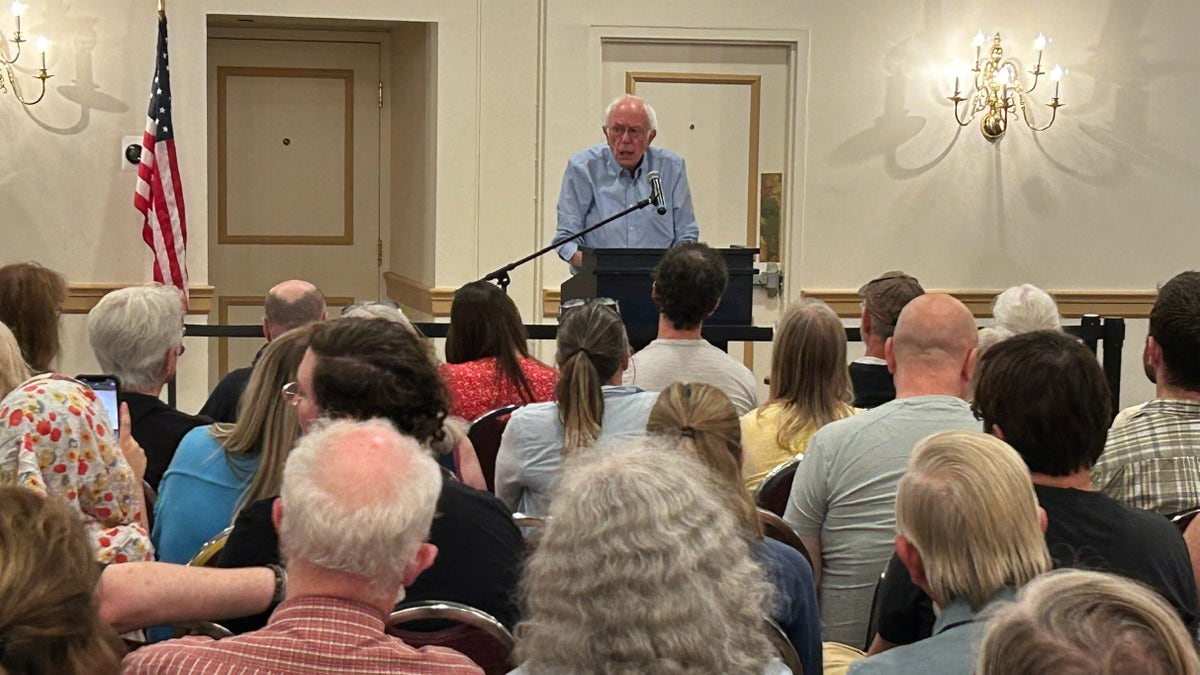
Sen. Bernie Sanders of Vermont speaks to supporters at a campaign event on behalf of Vice President Kamala Harris in West Lebanon, New Hampshire on Friday. (Fox News – Paul Steinhauser)
The embattled president’s immediate backing of Harris ignited a surge of endorsements of Harris by Democratic governors, senators, House members and other party leaders. By Monday night, the vice president announced that she had locked up her party’s nomination by landing the backing of a majority of the nearly 4,000 delegates to next month’s Democratic National Convention. On Friday morning, former President Obama and former first lady Michelle Obama were among the final major party leaders to endorse the vice president.
Harris has also hauled in a staggering $129 million in fundraising since Biden’s announcement, her campaign touted on Thursday morning.
CLICK HERE TO GET THE FOX NEWS APP
Republicans charge that the process has been anything but democratic — and they point to Biden’s own words.
Before dropping out, the president had repeatedly cited the 14 million votes he won in this year’s Democratic presidential primaries as a reason he should stay in the 2024 race.
“The voters — and the voters alone — decide the nominee of the Democratic Party,” he emphasized in a letter on July 8. “Not the press, not the pundits, not the big donors, not any selected group of individuals, no matter how well intentioned.”
Trump, at his rally in Charlotte on Wednesday, called the switch at the top of the Democrats’ national ticket “an undemocratic move.”
“These are nasty people, the Democrats,” Trump argued.
And Republican Sen. Tom Cotton of Arkansas claimed in a social media post this week that “Joe Biden succumbed to a coup by Nancy Pelosi, Barack Obama, and Hollywood donors, ignoring millions of Democratic primary votes.”
But Sanders, who argued during his marathon 2016 Democratic presidential primary battle against eventual nominee Hillary Clinton that the party was working against him, doesn’t buy the GOP criticism.
“These are extraordinary times and the Democrats had to move very quickly,” Sanders said. “So I think that given the reality that Biden dropped out and having a Democratic convention coming, I think what happened is she announced her candidacy, she rallied the support she needs, and I think that’s fine.”
Get the latest updates from the 2024 campaign trail, exclusive interviews and more at our Fox News Digital election hub.
Vermont
Wolfsgart car show to kick off in Essex Junction

ESSEX JUNCTION, Vt. (WCAX) – Car enthusiasts will converge in Essex Junction on Friday for the annual Wolfsgart show.
Cars of all makes and models will be parked at the Champlain Valley Expo this weekend.
Gates open for spectators at 9 a.m. on Friday with events scheduled through Sunday.
You can find tickets here.
Copyright 2024 WCAX. All rights reserved.
Vermont
Vermont Primary Election 2024: What to know about early voting

The Aug. 13 statewide major party primary is less than a month away and early voting is already underway.
In this election, Republican, Democratic and Progressive contenders will vie for their party’s nominations in the following races: U.S senator, U.S representative, governor, lieutenant governor, treasurer, secretary of state, auditor of accounts, attorney general, the state Senate (30 seats), state Representative (150 seats) and high bailiff (14 seats).
Primary winners face off against each other and minor party candidates in the Nov. 5 general election.
For Vermonters interested in casting your ballot prior to election day, below is a complete guide to early and absentee voting.
What do I need to know about early and absentee voting?
Any registered voter may request an absentee or early ballot via mail, phone, online or in person. Family members and healthcare providers are also allowed to advocate for a voter to receive an absentee ballot.
Voters can request and track the status of an early voter absentee ballot online by logging into their My Voter Page at https://mvp.vermont.gov/. Ballots can be returned through the mail or in person, unless delivered by justices of the peace on the day of the election, who will bring the ballot back with them.
Absentee or early ballots are available no later than 45 days prior to the primary or general election and 20 days before a municipal election using secret ballots.
For more information about absentee or early voting, visit the Absentee Voting FAQs page or Early & Absentee Voting page. Voters can also contact the Elections Division at sos.elections@vermont.gov or 800-439-VOTE.
You can find your city or town clerk at https://outside.vermont.gov/dept/sos/Elections%20Division/voters/townclerkguide.pdf, from whom you can request a ballot, on the Secretary of State website.
The deadline to request early or absentee ballots is 5 p.m. the day before any election, or whenever your town clerk’s office closes that day.
Megan Stewart is a government accountability reporter for the Burlington Free Press. Contact her at mstewartyounger@gannett.com.
-

 World1 week ago
World1 week agoOne dead after car crashes into restaurant in Paris
-

 Midwest1 week ago
Midwest1 week agoMichigan rep posts video response to Stephen Colbert's joke about his RNC speech: 'Touché'
-

 News1 week ago
News1 week agoVideo: Young Republicans on Why Their Party Isn’t Reaching Gen Z (And What They Can Do About It)
-

 News1 week ago
News1 week agoIn Milwaukee, Black Voters Struggle to Find a Home With Either Party
-

 Politics1 week ago
Politics1 week agoFox News Politics: The Call is Coming from Inside the House
-

 Movie Reviews1 week ago
Movie Reviews1 week agoMovie Review: A new generation drives into the storm in rousing ‘Twisters’
-

 News1 week ago
News1 week agoVideo: J.D. Vance Accepts Vice-Presidential Nomination
-

 World1 week ago
World1 week agoTrump to take RNC stage for first speech since assassination attempt


